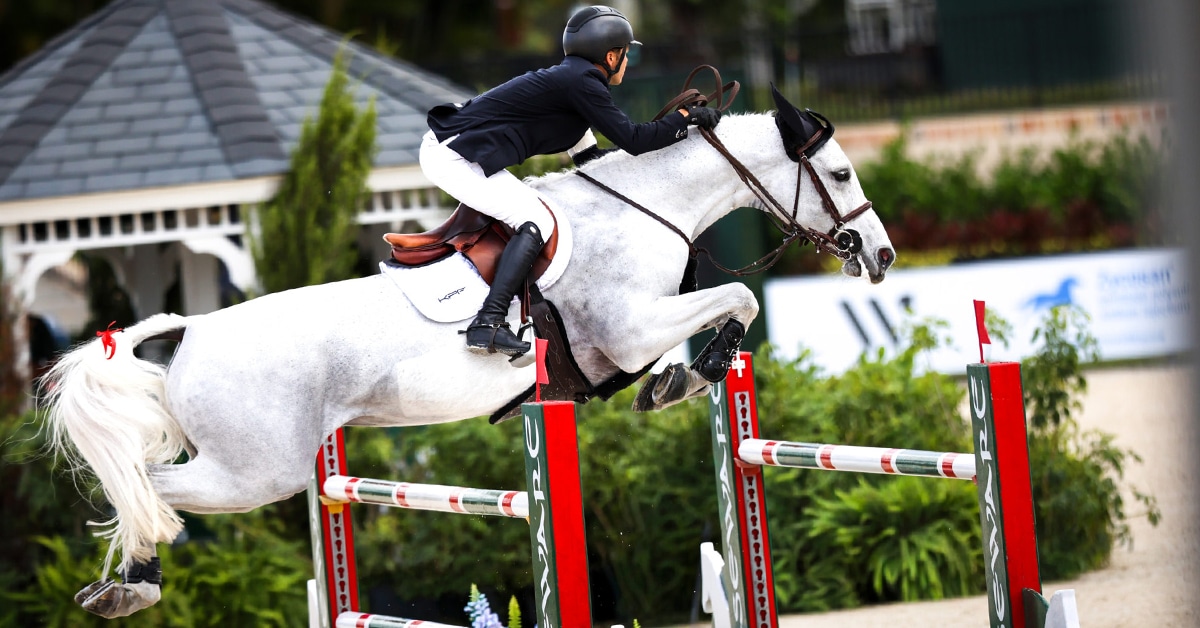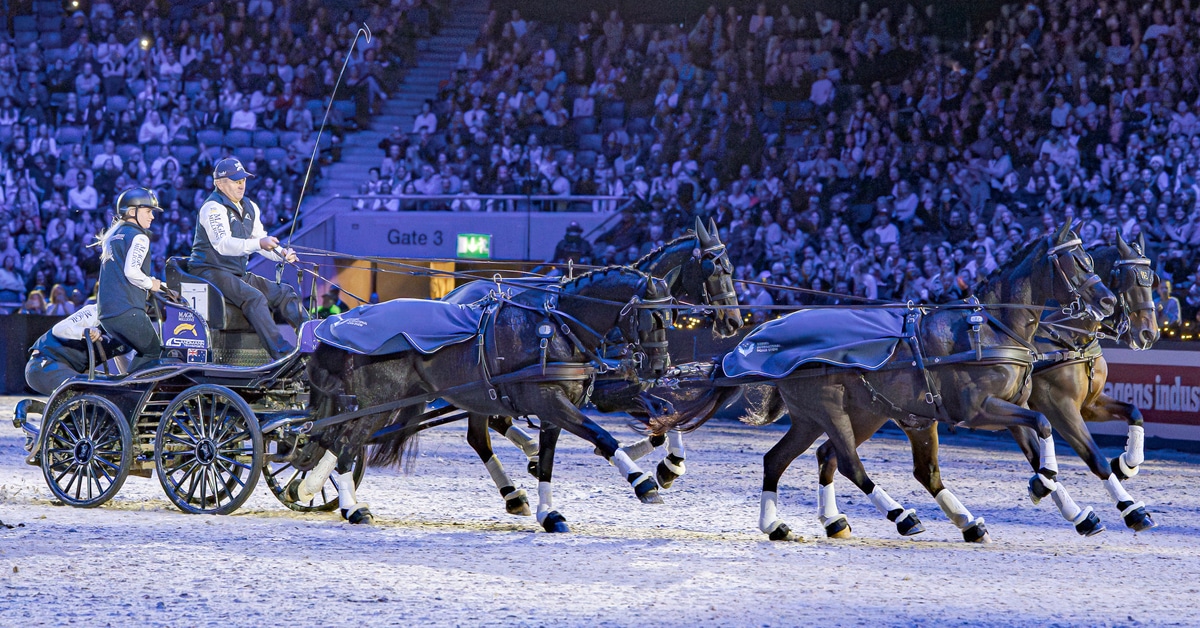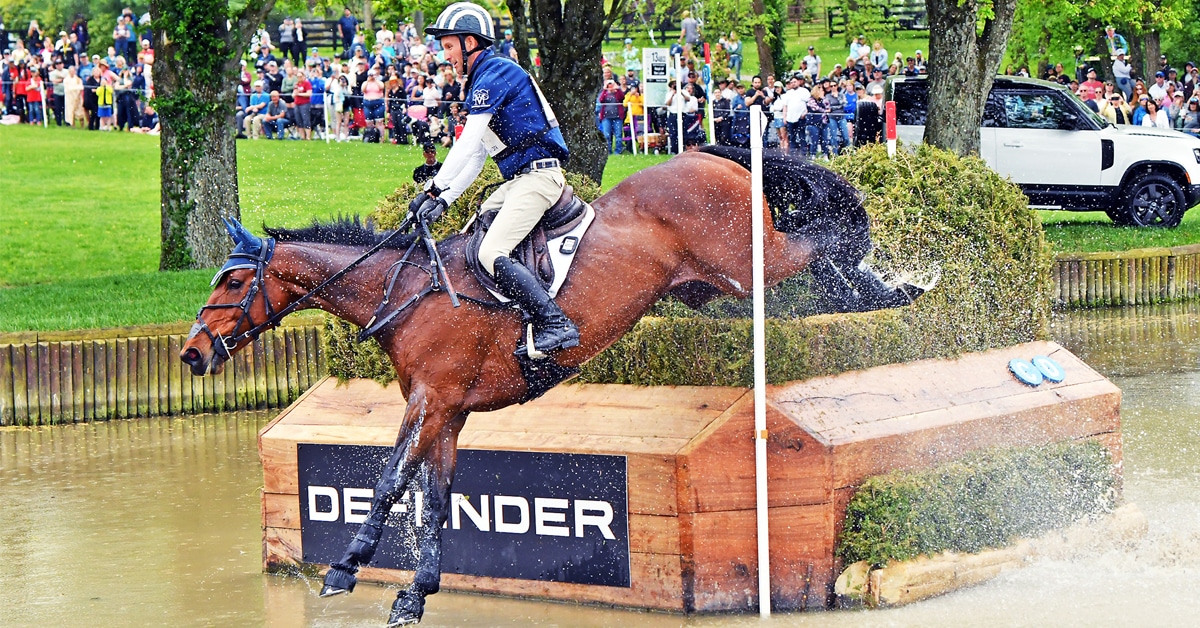A German jumping rider who freely admitted to taking cocaine and amphetamine to celebrate his birthday during a horse show will serve a suspension of half the usual tariff – because he was able to prove his consumption was not intended to enhance performance.
The basic suspension for a human doping offence is four years. But in a negotiated settlement with the FEI, ratified by Tribunal, it was agreed Jan-Philipp Weichert’s drug use was “out of competition.” As provided by Articles 10.2.1 and 10.2.2 of the human anti-doping regulations, there was no intent to affect performance.
Article 10.2.3 explains “intent” to identify those athletes who cheat. The term therefore requires that the athlete engaged in conduct knowing it constituted an anti-doping rule violation or knew that there was a significant risk and manifestly disregarded it. A violation resulting from a substance that is only prohibited In-Competition “shall be rebuttably presumed to be not intentional if the substance is a Specified Substance and the Athlete can establish that the Prohibited Substance was Used Out-of-Competition.”
He was also fined 1,500 CHF, ordered to pay his own costs and to undertake a drug education program.
In accepting a two-year suspension, Weichert admitted he had made a huge mistake, that it was not the first time he had taken recreational drugs at parties, and that his riding career was in ruins.
His 28th birthday party was on the Saturday night of the German National Championships at Balve in June 2018, in a private area next to the VIP suites. Weichert said that in the “euphoric atmosphere he let himself be seduced to this irresponsible act and took the drugs.” He argued it is scientifically proven that cocaine is only effective for two to three hours. The effect of amphetamine starts after 30 minutes and lasts up to four hours. For him the effect is up to three hours with both drugs. Since he took them before 1 a.m., the effects would have been “long gone” before the next day’s competition.
He added: “I can only underscore how foolish my actions were and that I will regret this decision and lack of responsibility for the rest of my life and my sports career. By now this mistake destroyed my business and therefore the employment of my staff and my whole existence as well. My failures are really clear to me…..”
The FEI was satisfied that the findings and the concentrations were consistent with admitted intake of the drugs the night before.
While allowing the shorter suspension, the FEI said: “The use of Cocaine and Amfetamine undoubtedly goes against the spirit of sport as well as constituting an evident potential health risk for athletes. For this reason, the Athlete should also seek professional help for his abuse of recreational drugs, to avoid a similar situation in the future.”
More News









